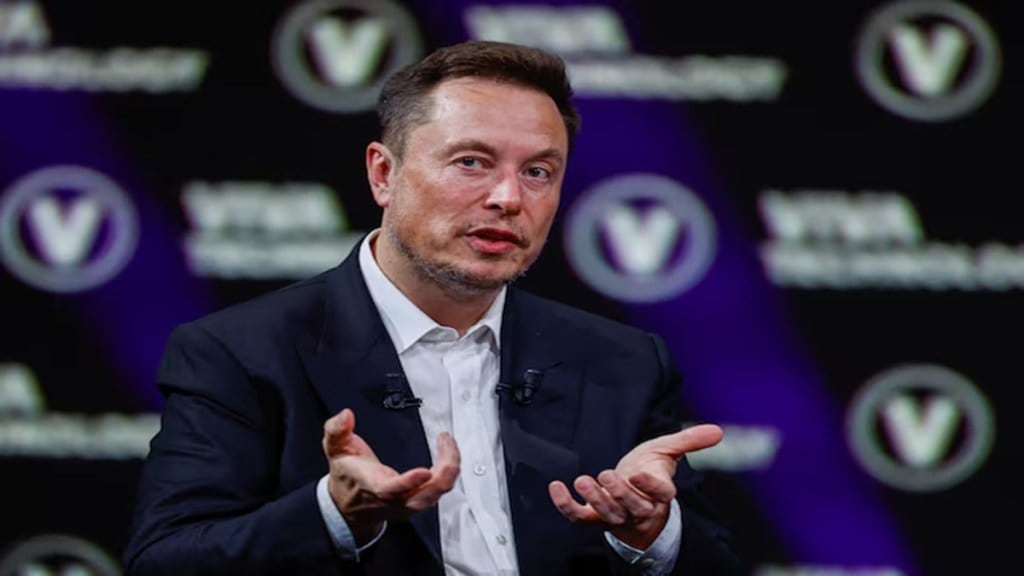Elon Musk is intensifying his ongoing critique of the US Federal Reserve (Fed), once again targeting its structure and operations. On Monday, the Tesla CEO took to social media platform X to reiterate his demand to dismantle the central bank, describing it as ‘absurdly overstaffed.’
Musk’s statement is not a passing comment but part of an ongoing, vocal critique of the size of the Federal Reserve and its effectiveness. Based on Cato Institute data, the Fed’s staff numbered around 23,114 employees in 2023, including a large number of researchers and over 400 Ph.D. economists. In spite of a drop of about 300 jobs in 2023, a historic decline after decades of expansion, Musk insists the institution is still bloated, faulting what he sees as an inefficient setup at the center of US monetary policy.
The Fed is absurdly overstaffed https://t.co/9qoPO8fsiM
— Elon Musk (@elonmusk) March 3, 2025
Advocating for a Fed audit
Musk’s criticism is more than personnel count, delving into the Fed’s decision-making, including its power over interest rates. While the Fed is reviewed every year by the Government Accountability Office (GAO), Musk is advocating for further examination of its decision-making, especially its position on monetary policy, which impacts the entire economy. He believes in external examination beyond the Fed’s internal analysis.
All aspects of the government must be fully transparent and accountable to the people.
— Elon Musk (@elonmusk) February 9, 2025
No exceptions, including, if not especially, the Federal Reserve. https://t.co/qZnXspcKPS
Concerns over Fed employees’ political bias
Musk’s criticisms also reflect broader conservative concerns about the Fed’s political leanings. In the 2024 election cycle, federal reserve employees donated over $600,000, with 92% of the contributions directed to Democratic candidates, according to a report by Axios, initially flagged by investor and Fed observer Joseph Wang on X. The figure has fueled accusations of partisanship within an institution that prides itself on political independence.
Moreover, Musk and other critics also argue that the Fed’s growing focus on unconventional social issues like climate change and income inequality is potentially distracting it from its main economic mandate. This development has led some to question whether the central bank is venturing into political hues, rendering its perceived impartiality in the growing furor over its role in shaping US economic policy more nuanced. Musk’s outspoken stance injects a new twist into this growing controversy.

